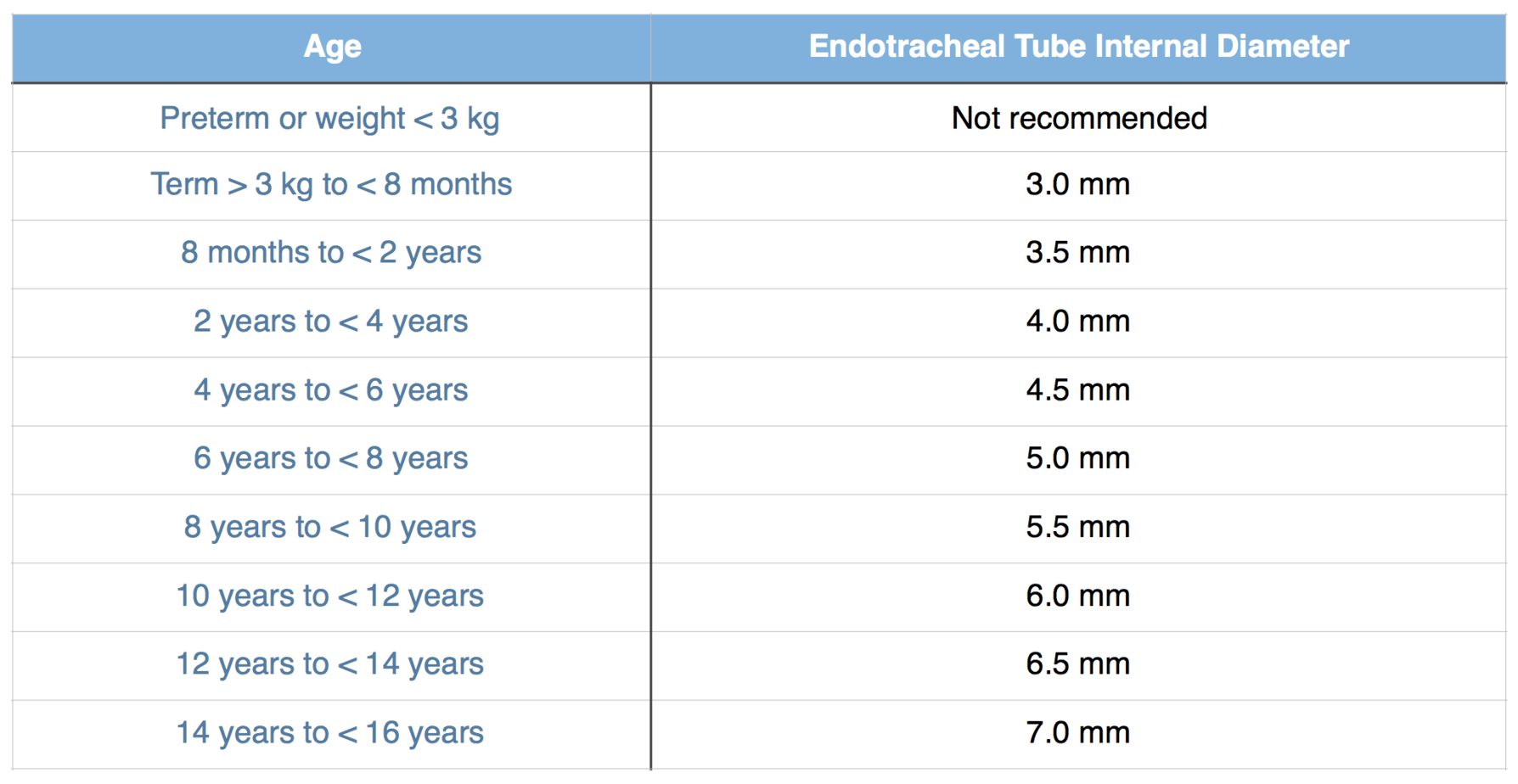Veterinary Laboratories: Protecting the Health of Dogs and Cats
Veterinary Laboratories: Protecting the Health of Dogs and Cats
Blog Article
Ensuring the health of your pets helps them thrive. Animal diagnostic labs specialize in pet health testing for pets such as cats and dogs.
In this discussion, we’ll examine how veterinary labs function, their key services, and why these labs are invaluable for your pets’ health.
What Are Animal Diagnostic Labs?
Diagnostic services for pets help diagnose biological samples from pets. They support veterinarians to monitor health conditions.

The process generally features:
- Obtaining biological samples: Blood, urine, feces, or tissue samples are collected from the pet.
- Analysis of specimens: Modern technology run tests on the materials.
- Understanding the data: The lab sends back results to the veterinarian for tailored medical advice.
Common Veterinary Tests for Pets
Pet labs conduct a range of diagnostic procedures to identify underlying issues. Important assessments include:
- Hematology panels: Monitor organ function.
- Urinalysis: Assess kidney function.
- Parasite screenings: Evaluate gut health.
- Allergen identification: Identify environmental triggers.
- Diagnostic imaging: Examine internal organs.
The Benefits of Veterinary Diagnostics
Frequent lab testing is essential for improving quality of life. Spotting problems quickly gives your pet the best chance at recovery.

Why regular testing matters include:
- Better disease management: Accurate diagnoses for your pet’s needs.
- Knowing your pet is cared for: Catch issues before they worsen.
- Cost savings over time: Save money by staying ahead of problems.
laboratorio de analises clinicas veterinarias
clínica veterinária e laboratório ivdlaboratorio de analises veterinarias
Conclusion: Prioritizing Pet Health with Veterinary Labs
Incorporating lab testing for your furry companions supports their overall wellness. Animal diagnostic centers help identify issues early to create personalized care plans.
Prioritize your pet’s next health checkup to support their needs for years to come!
Report this page